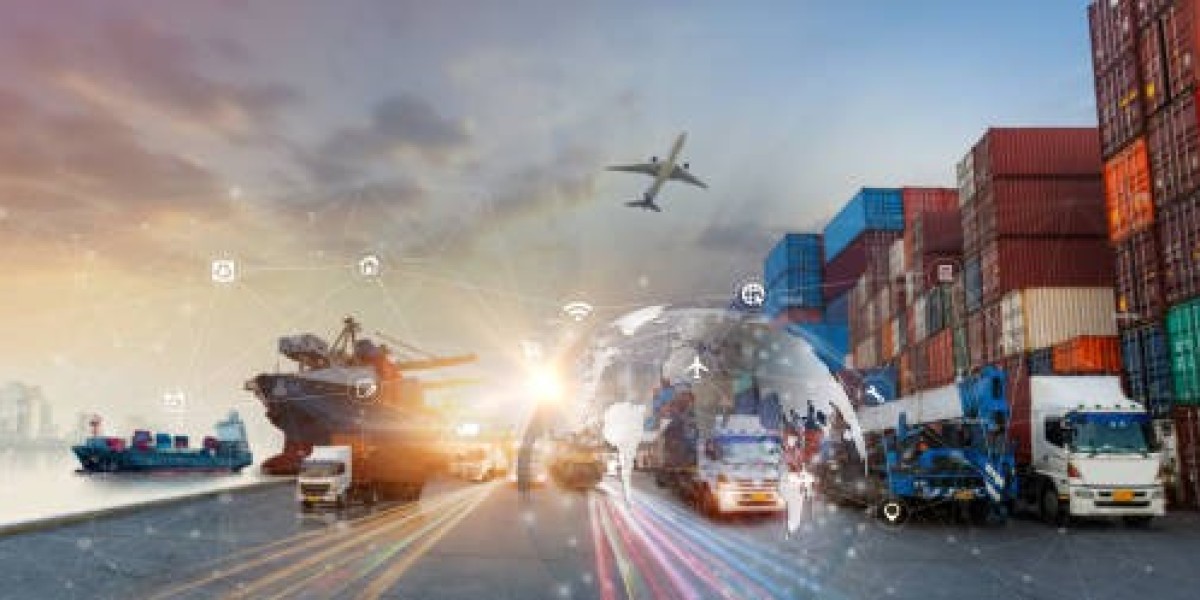In today’s fast-paced global economy, logistics companies must deliver more than just packages — they must deliver outstanding customer support. From real-time shipment updates to handling unexpected delays, customers expect 24/7 service that is fast, efficient, and accurate. Whether you’re a third-party logistics provider (3PL) or an in-house logistics team, offering around-the-clock customer support has become a key differentiator in a competitive marketplace.
In this article, we’ll explore how to provide 24/7 logistics customer support, best practices for customer care in logistics, and how companies can build a support system that ensures both customer satisfaction and operational efficiency.
Why Logistics Customer Support Is a Competitive Advantage
In the logistics industry, timing is everything — and so is communication. Customers demand transparency, speed, and accountability. Effective customer support ensures that your clients are not left in the dark about their shipments. Whether it’s a manufacturer waiting on raw materials or a retailer expecting delivery before a product launch, every second counts.
A logistics company with strong customer support builds trust and reliability. When problems arise — as they inevitably do in complex supply chains — it’s not always about what went wrong, but how your team responds. Prompt, informed responses help calm frustrated clients, minimize damage, and restore confidence.
Moreover, good customer care logistics often leads to repeat business. Clients are more likely to stick with a logistics provider that makes them feel heard and valued. They’ll remember the agent who tracked their urgent shipment late at night or resolved a customs issue at the last minute — and that memory builds loyalty.
How to Set Up 24/7 Customer Support for Logistics
Providing logistics customer service may seem daunting, but with the right structure, tools, and talent, it becomes an achievable and worthwhile investment. Here’s how to approach it strategically.
1. Leverage Technology to Enable Continuous Support
Modern customer support is driven by smart technology. Chatbots, AI-driven FAQs, and ticketing systems can provide initial support at any hour, reducing the load on human agents. These tools can handle simple inquiries like tracking status or documentation requests. More advanced tools integrate with your Transportation Management System (TMS) or Warehouse Management System (WMS) to provide real-time updates.
A cloud-based helpdesk allows teams to collaborate across time zones and ensures continuity. Automated routing ensures that urgent tickets are escalated quickly and reach the right people. These systems also help track response times, monitor satisfaction, and identify patterns in support requests.
2. Build a Global or Rotating Support Team
To provide 24/7 support, logistics companies often employ either a global team model or a rotating shift model. In the global model, support centers are located in different countries, each covering their own workday. This offers natural 24-hour coverage with minimal overtime and fatigue. In contrast, the rotating shift model assigns shifts locally — including night and weekend shifts — to ensure round-the-clock availability.
Both models require training, strong internal communication, and standardized workflows. Every support agent must have access to accurate shipment data and escalation procedures. They must be empowered to make decisions or quickly reach decision-makers when needed.
3. Offer Omnichannel Communication
Logistics customers want flexibility. Some prefer email for formal updates, while others want quick resolutions through phone or WhatsApp. A true 24/7 customer support setup should include multiple channels: phone, email, live chat, and even social media. All channels should feed into a centralized platform to avoid duplicate responses and ensure consistency.
With omnichannel support, clients can reach your team from any device or location — a critical feature when managing international shipments, customs clearances, or supply chain disruptions.
Best Practices for Customer Care in Logistics
Customer care in logistics isn’t just about answering questions. It’s about anticipating needs, minimizing disruption, and being proactive. Here are three foundational practices that top logistics companies implement.
1. Train Support Teams in Logistics Knowledge
Unlike generic call centers, logistics customer support requires specialized knowledge. Agents need to understand Incoterms, customs processes, freight types, handling procedures, and more. They must also be fluent in the terminology used by freight forwarders, shippers, carriers, and warehouse personnel.
Ongoing training is key. As regulations, tools, and client needs evolve, your team must stay current. Provide access to knowledge bases, internal wikis, and real-world simulations. The more informed your agents are, the more confidently they can resolve complex logistics issues.
2. Prioritize Response Time and Transparency
In logistics, delays happen — ports close, trucks break down, and paperwork gets stuck in customs. While you can’t always prevent problems, you can control how quickly and transparently you communicate them. Immediate, honest communication earns customer trust and reduces uncertainty.
Set and monitor SLAs (Service Level Agreements) for different ticket types. Ensure urgent issues — such as delayed deliveries, lost cargo, or shipment rerouting — are flagged and resolved with priority. Update customers proactively rather than waiting for them to ask.
3. Personalize the Experience
Logistics clients often have unique shipping profiles. A pharmaceutical company, for example, has different needs than an automotive supplier. Personalized support means assigning dedicated account managers, using CRM tools to track preferences, and maintaining historical data for each client.
By showing familiarity with past issues or preferences, your support team builds rapport. This also reduces the time needed to “get up to speed” every time a client calls, improving both customer experience and operational efficiency.
For Original Post View: https://downgpt.com/logistics-customer-support/






